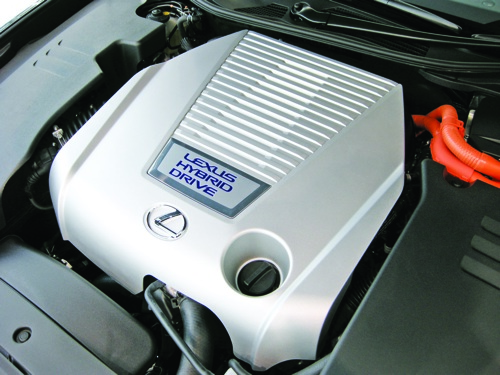Toyota has achieved an impressive global milestone with news just in that it has sold its seven-millionth hybrid vehicle, further entrenching the Japanese automaker as the world’s favourite car brand.
Noteworthy is the pace at which Toyota’s worldwide hybrid vehicle sales continue to accelerate, the latest million-unit-sales record was achieved in a staggering nine months. As at the end of September the exact number reached was 7.053 million.
Globally, Prius accounts for almost half the overall total with 3.36 million sales – making it easily the world’s best-selling hybrid vehicle. Toyota began selling the Prius in Japan in 1997. In Southern Africa this game-changing model made its debut in 2005 and since then the local hybrid range has grown to span seven different models across both the Toyota and Lexus brands.
As Glenn Crompton, vice president of marketing for Toyota SA Motors, points out: “Toyota is the only local manufacturer to have a hybrid presence in just about every single segment. At the affordable end of the market there’s Yaris and Auris; playing in the middle of the field is the stalwart Prius and the premium Lexus CT 200h; while at the other end of the spectrum you have the Lexus ES 300h, RX 450h and GS 450h.”
“It’s not surprising that hybrid and related developments have been identified as core technologies for Toyota in the 21st century. And, the mass-market adoption of hybrid vehicles has had tangible benefits – Toyota estimates that its hybrid programme has cut carbon-dioxide emissions by approximately 49 million tonnes and saved approximately 18 million kilolitres of fuel compared with vehicles of similar size and driving performance using petrol-only engines.
“Something else to consider is that hybrids save the most fuel during stop-and-go driving i.e. city driving and let’s face it, this is where most of us spend our time on the road,” Crompton says.Toyota unveiled the concept version of its first fuel-cell mass offering, the FCV. Next year, Toyota will start selling its first mass-produced hydrogen fuel-cell hybrid vehicle in Japan, Europe and the United States.
Unlike hybrids, which do emit carbon gases, or electric cars, which tap into grids often supplied by fossil-fuel plants, the hydrogen cell runs with just hydrogen (in its tank) and oxygen (from the air), with the only byproduct being harmless water.
Stay informed with The Namibian – your source for credible journalism. Get in-depth reporting and opinions for
only N$85 a month. Invest in journalism, invest in democracy –
Subscribe Now!










